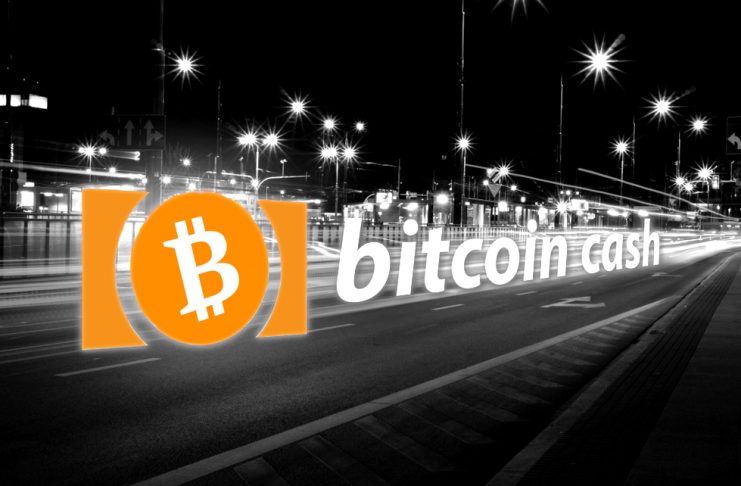The world of cryptocurrencies and digital assets has seen many clones of Bitcoin. One could go as far as claiming nearly every currency developed after Bitcoin is, at heart, a clone of Bitcoin. Bitcoin Cash is no exception in this regard, although it tried to solve one of the bigger problems in cryptocurrency. However, things have not gone exactly according to plan.
Contents
The Creation of Bitcoin Cash
Bitcoin, while still the world’s leading cryptocurrency in market valuation, has some very key problems. It is slow and expensive to use, and the currency is more of a speculative vehicle. As no real progress was made to combat these technical issues, a group of dissatisfied users decided to “fork” of Bitcoin and create its own version known as Bitcoin Cash.
Why is Bitcoin Cash Different?
There are some key differences between Bitcoin and Bitcoin Cash. The “forked” currency pursues a much bigger block size, which effectively allows for a higher transaction throughput. It uses the same mining algorithm as Bitcoin, which makes it easier for miners and mining pools to switch between the two currencies depending on which is more profitable to mine at the time.
Additionally, Bitcoin Cash has faster transactions than the legacy Bitcoin. One of the big problems holding BTC back is how it takes anywhere from 30 to 120 minutes to get transactions confirmed (assuming 6 confirmations are needed). Combined with the lower transaction fees and bigger block size, Bitcoin Cash has successfully gotten a lot of positive attention. It is also backed by some noteworthy individuals, including “Bitcoin Jesus” Roger Ver himself.
There were some initial concerns over how the Bitcoin Cash fork would derive value from Bitcoin itself. During the initial weeks, that seemed to be the case, although battle lines have been drawn between both projects ever since. Bitcoin is still the most successful cryptocurrency to date. Bitcoin Cash, while relatively successful last year has unfortunately lost a lot of ground, and struggles to retain a position in the top five at this time.
The Contested Network Upgrade of 2018
Although Bitcoin Cash survived its first year successfully, the current outlook is a bit different. The most recent network protocol upgrade, which took place on November 15, 2018, has effectively divided the Bitcoin Cash community in two. A new fork, known as Bitcoin SV, has been created in the process. Ever since, there has been an ongoing battle for control over the hashing power and price dominance. Both currencies tend to one-up each other quite regularly as of late.
The Road Ahead
For the time being, there is no real indication Bitcoin Cash is going anywhere. The split with Bitcoin SV has caused some bumps along the road, but it would appear both versions of Bitcoin will co-exist for some time to come.
Image(s): Shutterstock.com




